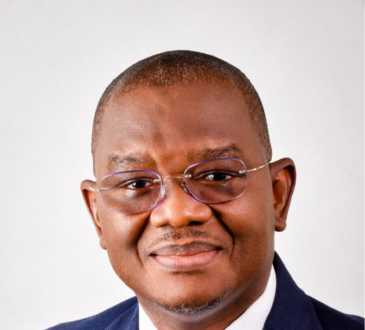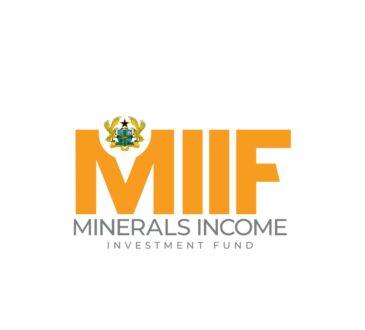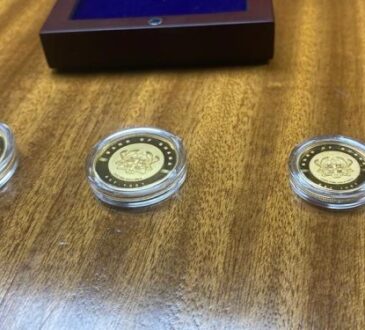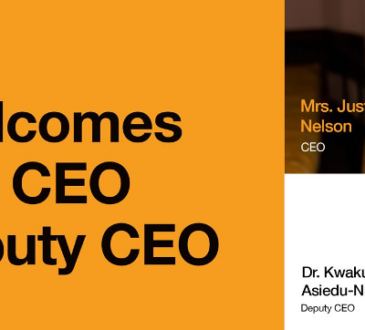Geoscientists urge immediate ban on small-scale mining to save Ghana’s water bodies and forests

The Ghana Institute of Geoscientists (GhIG) has called for an immediate and temporary halt to all small-scale mining activities in water bodies, forest reserves, and biodiversity-sensitive areas to align practices with environmental protection standards and salvage what remains of Ghana’s natural resources.
In a press statement signed by its General Secretary, Prof. Prince Ofori Amponsah, the GhIG highlighted the urgent need to address illegal and irresponsible mining activities. The statement categorizes small-scale mining into three distinct groups: illegal and irresponsible, legal but irresponsible, and legal and responsible.
To the group Ghana’s ongoing environmental degradation is exacerbated by several key challenges, including:
Lack of political will: The absence of decisive action, often hindered by political interference and influence from high-ranking officials, who prioritize short-term political gain over long-term environmental sustainability.
Compromise of traditional rulers and local authorities: Financial incentives from mining interests have swayed some traditional and local leaders, undermining efforts to safeguard natural resources.
Lack of professional expertise in mining practices: Mining requires technical precision, and the failure to adhere to proper standards has led to severe environmental degradation.
Inefficiency of state institutions: Regulatory bodies such as the Minerals Commission, Environmental Protection Agency (EPA), Water Resources Commission, and Regional/District Assemblies are failing to effectively enforce environmental and mining laws.
Widespread bribery and corruption: Corruption within the security services and state institutions has allowed illegal mining activities to continue unchecked.
Given these systemic challenges, the GhIG has proposed several strategic interventions for the government and stakeholders to adopt in order to ensure sustainable and responsible mining:
Immediate Ban on Mining in Water Bodies and Forest Reserves: All small-scale mining activities in forest reserves, rivers, streams, and water bodies should be banned permanently as prescribed by law. Individuals found mining in these areas should be arrested and prosecuted through a fast-track mining and environmental court, while mining equipment should be seized and confiscated for state use.
Ban on Mining Within 100 Meters of Water Bodies: Small-scale mining operations within 100 meters of rivers, streams, and water bodies should also be permanently banned. All mining equipment found within these areas should be confiscated, and offenders prosecuted.
Temporary Six-Month Ban on Small-Scale Gold Mining: A six-month moratorium on all small-scale gold mining activities outside protected zones is necessary to reset the system. During this period, comprehensive reforms must be implemented, including:
Requiring all licensed small-scale mining operations to have a professional geoscientist on their team. Both the business owner and the geoscientist should be held accountable for ensuring compliance with best practices.
Establishing a joint monitoring and evaluation team comprising representatives from the Minerals Commission, EPA, and District Security Committees to oversee activities.
Holding business owners and registered geoscientists legally accountable for environmental infractions, particularly those leading to pollution or degradation.
By enforcing these measures, the GhIG believes that Ghana can restore the integrity of its small-scale mining sector, safeguard critical water bodies and forest reserves, and streamline the often-delayed licensing process. Addressing these bottlenecks will help reduce unauthorized mining, ensuring that only legitimate operations proceed.
Ghana, endowed with abundant mineral resources, has seen extensive mining activities over the decades. However, many operations have led to resource depletion, resulting in mine closures and reclamation efforts. Key legal frameworks, such as the Minerals & Mining Law (Act 703 of 2006), environmental permits from the EPA, water usage rights from the Water Resources Commission, and protection from the Forestry Commission, were established to promote responsible mining with minimal environmental impact.
Gold remains the primary mineral at the center of mining-related environmental infractions. Public outcry has intensified over the widespread degradation of rivers, streams, and forest reserves. Ghana’s water bodies, while not scarce, are at risk of irreversible damage, threatening both current and future generations.
GhIG adds that urgent action is needed to halt further destruction of Ghana’s natural resources -the health of the nation’s water bodies and forest reserves depends on immediate and sustained intervention.
By Eugene Davis







